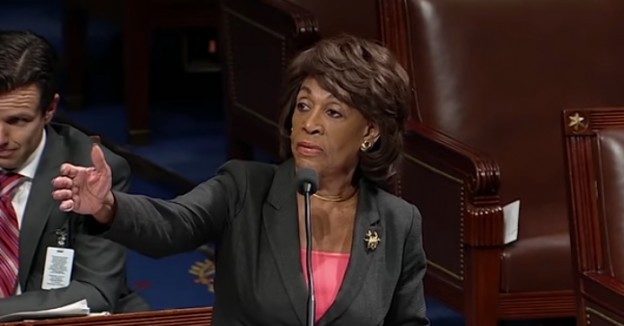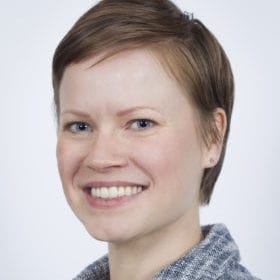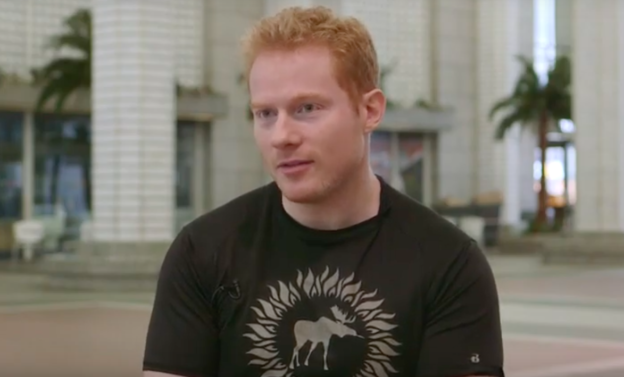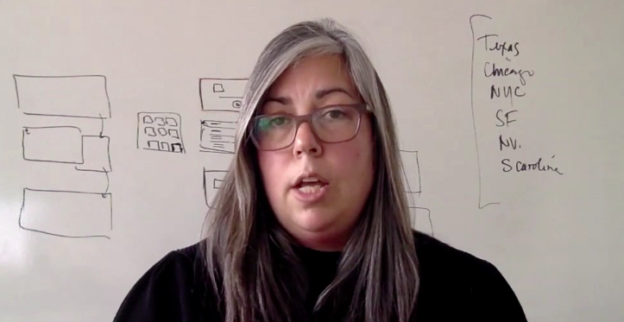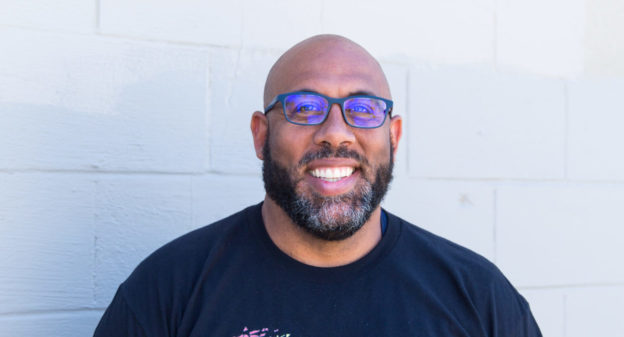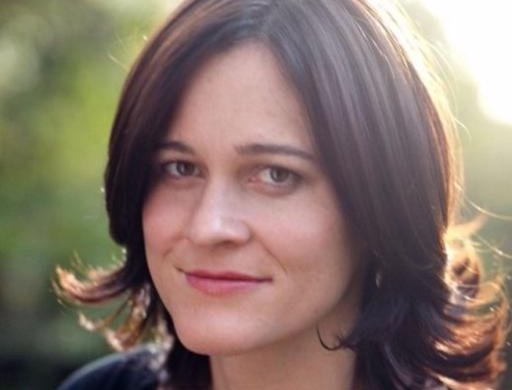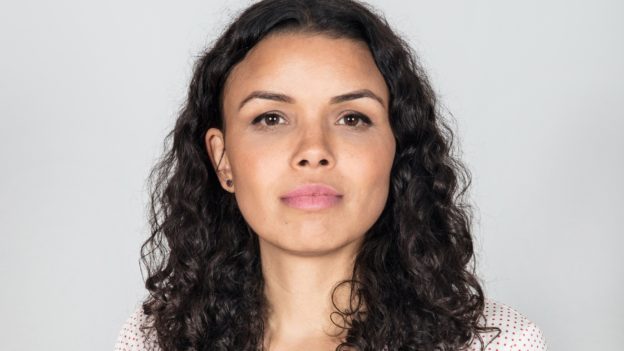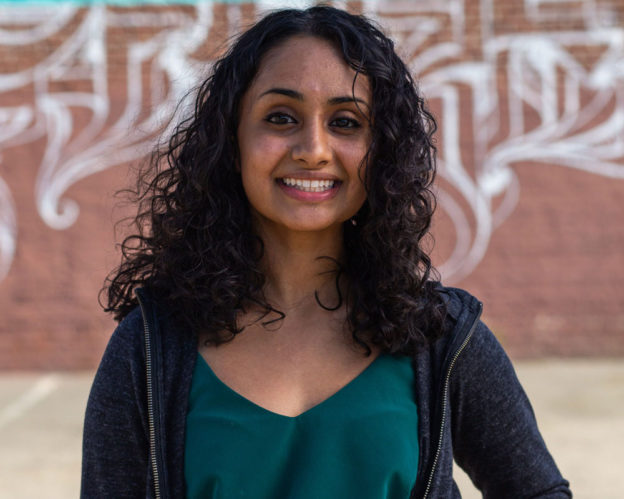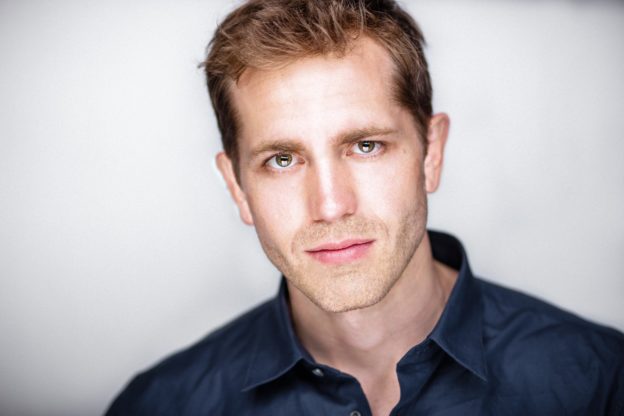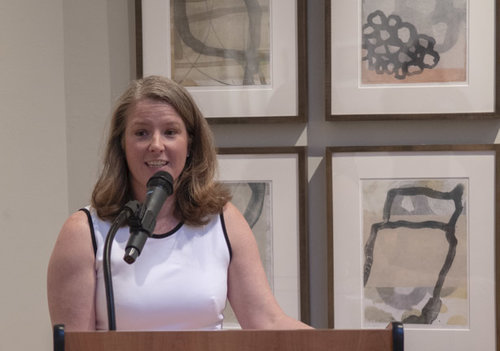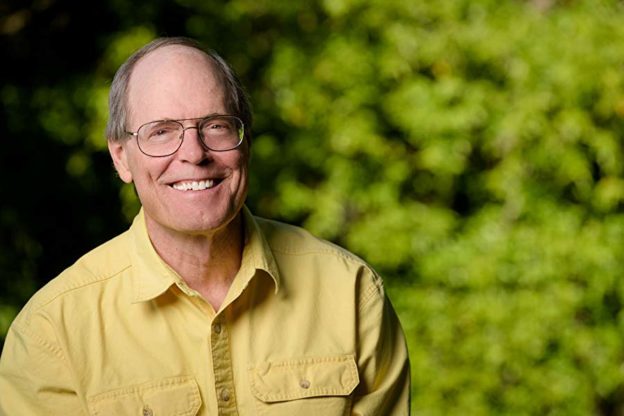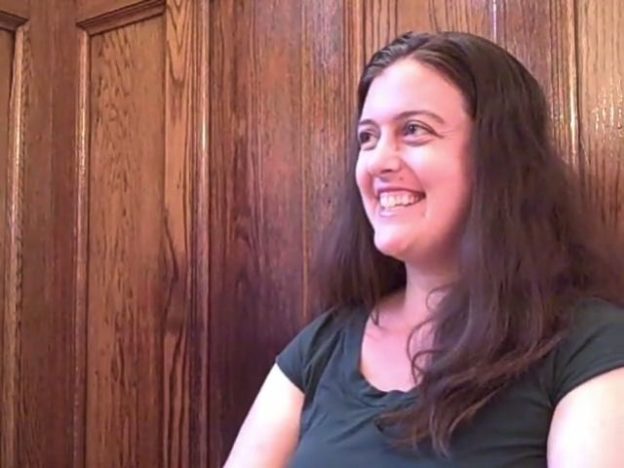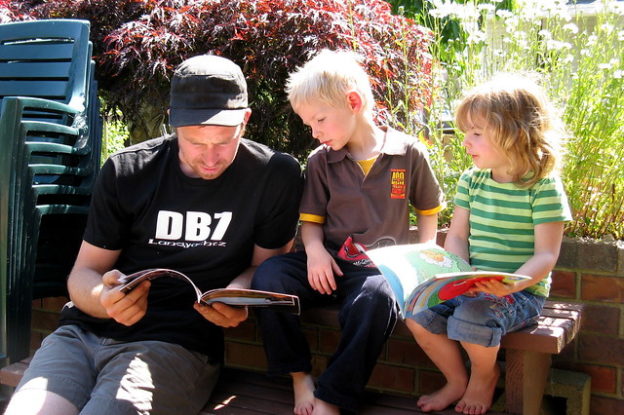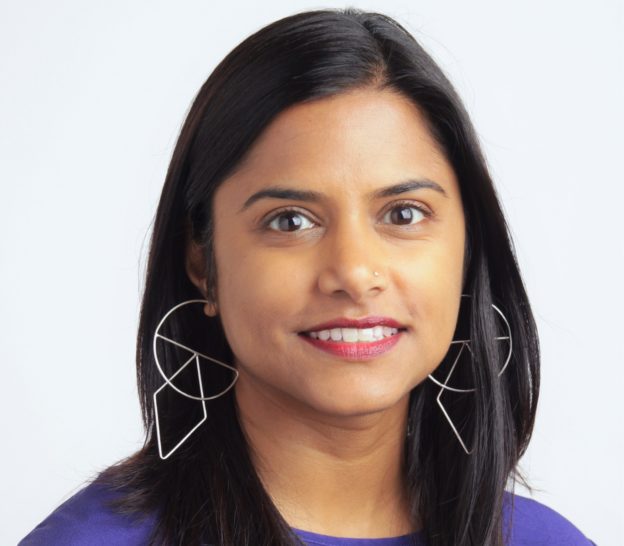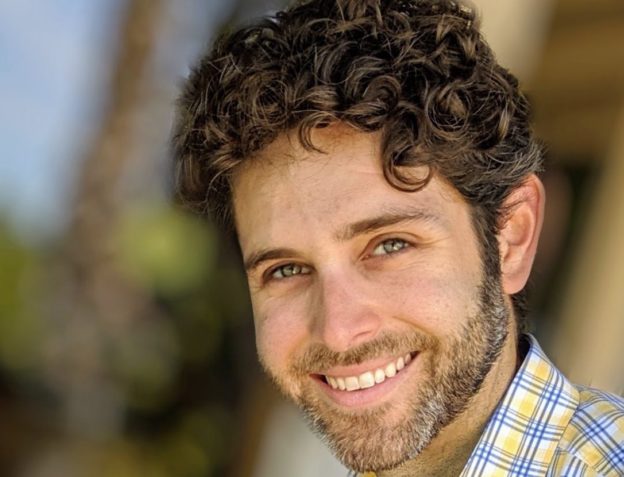One of the proposals championed during the 2020 Democratic primary was a baby bond, which would create steadily growing accounts for each child that they could access when they turn 18. Jamie Morgan, a PhD student at the Heller School of Social Policy, worked with podcast co-host Jim Pugh to model how such a program would drastically reduce income and asset poverty when combined with a basic income. Jamie joined the podcast to discuss this concept and the promise it holds.
Link to the full report: Accelerating Equity and Justice: Basic Income and Generational Wealth.
Recently, the CARES Act, the largest coronavirus relief package to date was signed into law, and it included, among many other things, a $1200 check for every legal adult resident making $75,000 (or $150,000 for couples), and $500 for each of their children. Jim and Owen discuss this major dispersement of unconditional cash, what it means in the short term and what we might expect going forward.
The Basic Income Podcast is moving to a non-weekly schedule. Please subscribe (or stay subscribed) to get all our new episodes as they arrive.
While interest in universal basic income has increased steadily over the last five years, it has surged to unprecedented levels over the last five weeks. Cash transfers, either as a one-off or an ongoing program, are being discussed on both sides of the aisle as the U.S. deals with the economic fallout caused by social distancing measures to slow the spread of the novel coranavirus. Jim and Owen discuss some of the bills under consideration, what makes for a good basic income bill and how far we’ve come in such a short period of time.
We often mention that our current welfare programs have serious inefficiencies, bottlenecks and unnecessary filters, and on this episode, we delve into the tragic human toll these bureaucratic issues cause. Dr. Leah Hamilton, author of Welfare Doesn’t Work: The Promises of Basic Income for a Failed American Safety Net, has studied the welfare state in the U.S. and gotten to know families that have been torn apart as a result of asset limits and other harmful criteria in our benefit programs. She joined the podcast to discuss these problems and why basic income could be a solution.
The amount that everyone would receive under a basic income is generally stated as $1000 per month, give or take, with any nod to how this amount would change contained in the occasional “chained to inflation” at the end. Our guest this week, Alex Howlett, argues for a different framework: making the basic income dynamic and dependent on several economic factors.
The Andrew Yang presidential campaign introduced millions of people to the idea of basic income, and galvanized many who are excited by the idea. Income Movement is an organization looking to build on this progress to create a sustained national movement for basic income. Jim spoke with Stacey Rutland, one of Income Movement’s cofounders, on what they have done so far and their plans for the future.
Most of us recognize that the way our economy operates today is leaving a lot of people behind. But what would it actually look like to have an economy that worked for everyone, and in particular, people of color who have been excluded in the past? Jeremie Greer, co-founder of Liberation in a Generation, joined the podcast to discuss the work they’re doing on co-designing a “Liberation Economy” with the people who are struggling most today.
We have heard much about the basic income trial in Stockton, CA, and finally got some aggregate statistics earlier this year. These averages and other global reports are an important part of the story, but the actual experience of receiving unconditional cash is unique to each person. That becomes readily apparent through the in-depth profiles of five recipients, published by Bliss Broyard in New York Magazine. Broyard joined the podcast to reflect on her reporting and the lives she documented.
Read all of her profiles and an overall summary here: http://nymag.com/intelligencer/2019/10/universal-basic-income-stockton-california.html
While Andrew Yang has brought basic income to the national stage, we are seeing more and more state and local politicians exploring the idea as well. One of them is Morgan Harper, who is seeking to represent Ohio’s 3rd Congressional District. Harper is running on a number of transformative policies, including universal childcare, Medicare for all, and universal income. She joined the podcast to discuss her campaign, challenging an incumbent from the same party, and her take on basic income.
While there is much excitement around the various basic income pilots in progress or under consideration in the U.S. and around the world, it is worthwhile to ask what their value is, and how we can design them to maximize their value. Michael Stynes, CEO of the Jain Family Institute, and Steve Nunez, JFI’s Project Lead for their Guaranteed Income Initiative, have helped shape active and proposed UBI pilots, including the one going on now in Stockton, California. They joined the podcast to discuss their work, and the future of UBI experiments.
After the episode was recorded, JFI announced an exciting basic income trial in Marica, Brazil: https://www.businesswire.com/news/home/20191030006167/en/Announcing-Research-New-Large-Scale-Basic-Income-Policy
The Stockton SEED demonstration has drawn national attention as a modern basic income trial. Recently, we got the first reports from basic recipients there, who are receiving $500 a month, funded by the Economic Security Project. The results back up a lot of what we’ve already seen from cash transfer trials, but we also have some powerful stories of personal transformation, assisted by the extra cash. These stories provide powerful first hand accounts of what a little economic security can do. Sukhi Samra, Director of the Stockton Economic Empowerment Demonstration, joined the podcast to talk about what we’ve seen so far in Stockton.
For most of the late 20th century, having a job provided you with enough financial security to have a decent life in the United States. But today, millions of American workers are living in extreme precarity, just one emergency expense away from financial destitution. A new initiative called the Workers Strength Fund is aiming to combat this problem using unconditional cash.
If we were to fund a basic income of $1,000 a month with a wealth tax, a carbon tax, some program consolidation and deficit spending, how much would your bank account increase or decrease after your income and current government assistance are factored in? A new project, the UBI Calculator (ubicalculator.com), seeks to answer this question down to the dollar for many of the UBI plans being proposed today. The project’s creator, Conrad Shaw, joined the podcast to discuss the UBI Calculator and why he built it.
Recently we reached out to our audience asking for questions on basic income. This episode takes on three big ones: will rent and other costs increase, eating up the benefits of the UBI? How could a basic income fit into a national budget with other competing priorities such as single-payer healthcare and free community college? How might we forge a path to a national basic income?
As a reminder, you can support our work at the Basic Income Podcast by visiting glow.fm/basicincome.
Recently, legislation was introduced in Massachusetts to launch a state-funded basic income trial. The bill would create a pilot project involving 300 families over three years. We spoke with one of the legislators, Rep. Tami Gouveia, proposing this pilot about what is motivating it, and what it could achieve. The legislation is listed as H1632 in the state house and S84 in the state senate.
Robert Stayton proposes an outside-the-box idea for how to provide both ample clean energy and a basic income on the local, state or national level: solar dividends. This proposal would leverage the abundance of available solar energy with the regulatory ability to increase the price at which solar energy is purchased into the grid. To read more about Stayton’s proposal and the book that details it further, go to solardividends.org.
The favorite basic income advocate of many supporters is Martin Luther King Jr., who led the Poor People’s Campaign. This campaign has been revived in modern times by Rev. Liz Theoharis and Rev. Dr. William Barber, which looks at the issues facing poor people holistically. This includes issues as diverse as climate change, worker’s rights, housing and economic empowerment. Importantly, the campaign puts poor people at its center as a driving, shaping force. Rev. Theoharis joins the podcast to discuss the Poor People’s Campaign: A National Call for Moral Revival.
In this discussion episode, Jim lays out his ideas on how we should think about basic income in relation to other benefit programs like unemployment insurance and the Earned Income Tax Credit. We get into topics like whether basic income should count as taxable income, and the difference between the social safety net and the social contract.
Also, we now have a new way you can support the podcast! To donate to support our operational costs, and, if we reach a certain level, to promote the podcast, go to https://glow.fm/basicincome.
Thanks!
Basic income has been heralded as a policy that can partially address racial inequities in our economy and social benefit system, but how would the goals of racial equity inform basic income policy? Jhumpa Bhattacharya of the Insight Center for Community Economic Development joins the podcast to discuss this issue, and the vital importance of countenancing our racial history as we design future economic policy.
As basic income gains more recognition and interest, new proposals and ideas for what a basic income should look like are starting to emerge. While these proposals are occasionally studied on a one-off basis, the basic income conversation didn’t necessarily have a single hub where one could evaluate policies side by side. The UBI Center, founded by Max Ghenis, seeks to change that by providing economic breakdowns of leading basic income proposals. Max joined the podcast to discuss his work, what motivates it, and his evaluation of Andrew Yang’s Freedom Dividend.


